Creatine Phosphokinase, Enzyme Activity (TBP0064)
$30.00 – $120.00
| SKU | Stock | SIZE | Price | Quantity | ||
|---|---|---|---|---|---|---|
| TBP0064-1KU | Yes | 1000 U | $30.00 | |||
| TBP0064-5KU | Yes | 5000 U | $120.00 |
- Description
- Terms
- Additional information
- Documents
- Reviews (0)
Description
Product Details
Form: Freeze-dried powder
Solubility: Distilled water or dilute buffer
Stability: Store at -20° C (-4° F)
Activity: >300 U/mg protein
Protein: 95%
Catalog No.: 053A0300
Unit Definition
The amount of enzyme that will transfer one micromole of phosphate from phosphocreatine to ADP per minute at pH 6.9 and 25°C.
Assay Method
The activity of CPK is determined in a coupled enzyme system utilizing hexokinase (HK) and glucose-6-phosphate dehydrogenase (G6P-DH).
Applications
This enzyme also appears under the names Creatine kinase and Phosphocreatine kinase in the literature.
Creatine phosphokinase (CPK) (EC 2.7.3.2) is widely distributed and is primarily involved with ATP regeneration in conjunction with the contractile and transport systems. The enzyme is dimeric and exists in three isoenzyme forms: MM (muscle), MB (heart) and BB (brain). CPK from rabbit muscle has a molecular weight of 81,000 The hybrid isoenzyme (MB) has the highest concentration in the heart muscle. Therefore, determination of the serum CPK level of this isoenzyme has been used as a sensitive index for the diagnosis of myocardial infarction. Elevated levels of the BB isoenzyme of CPK have been reported in the serum of patients immediately following cardiac surgery. The CPK-BB levels in serum returned to normal by the fourth post-operative day. This may be a more sensitive diagnostic tool than the serum levels of CPK-MB isoenzyme in cardiac patients. Feld, et al, have reported elevated levels of the CPK-BB isoenzyme in the serum of patients with prostatic cancer.
Reagents
- Reaction mixture (containing 0.11 M imidazole buffer, pH 6.9, 22 mM glucose; 11 mM Mg2+; 1.1 mM ADP; 11 mM AMP; 0.8 mM NADP+ and 38 mM creatine phosphate). Dissolve 750 mg imidazole, 435 mg glucose, 235 mg magnesium acetate¿4H2O, 53 mg ADP, 550 mg AMP-Na2¿6H2O, 70 mg NADP-Na2H and 1.38 g creatine phosphate-Na2¿6H2O in 70 ml distilled water. Adjust pH to 6.9 with dilute acetic acid and make the volume up to 100 ml.
- 0.27 M N-acetyl cysteine (44 mg/ml) in distilled water.
- Hexokinase (HK) solution. Dissolve in cold 1% bovine serum albumin (BSA) to yield a final concentration of 1.0 U/ml. Prepare fresh prior to assay.
- Glucose-6-phosphate dehydrogenase (G6P-DH) solution. Dissolve in cold 1% BSA to yield a final concentration of 10 U/ml. Prepare fresh prior to assay.
- Enzyme (CPK) solution. Prepare a stock enzyme suspension in cold 1% BSA (1 mg/ml). Using cold 1% BSA as a solvent make an enzyme solution to yield a concentration of 0.1-0.2 U/ml. Must be prepared fresh immediately prior to assay.
Procedure
- Set spectrophotometer (equipped with a strip chart recorder and temperature control) at 340 nm and 25°C.
- Into a cuvette pipette the following reagents in the amounts indicated: Reaction mixture 2.70 ml N-acetyl cysteine 0.10 ml Hexokinase (HK) 0.05 ml G6P-DH 0.05 ml
- Mix and incubate in spectrophotometer at 25°C for 5 min. to attain temperature equilibration. Record blank rate at 340 nm for 3-4 min.
- Initiate the reaction by adding 0.1 ml of CPK (enzyme) solution and record change in absorbance at 340 nm for 5-8 min.
- Calculate ΔE340 nm/min
Additional information
| SIZE | 1000 U, 5000 U |
|---|
Be the first to review “Creatine Phosphokinase, Enzyme Activity (TBP0064)”
You must be logged in to post a review.



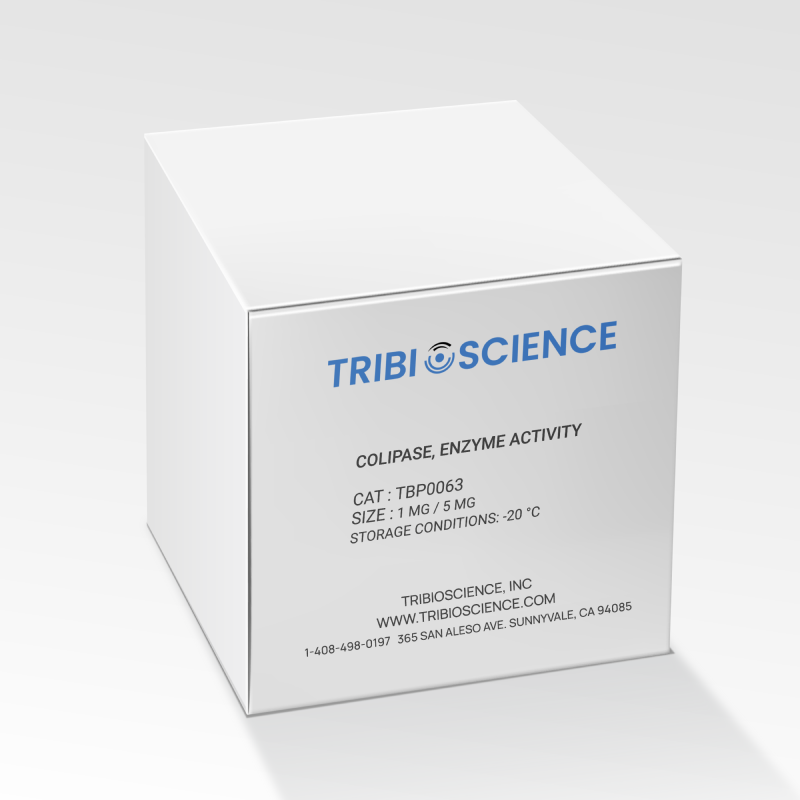
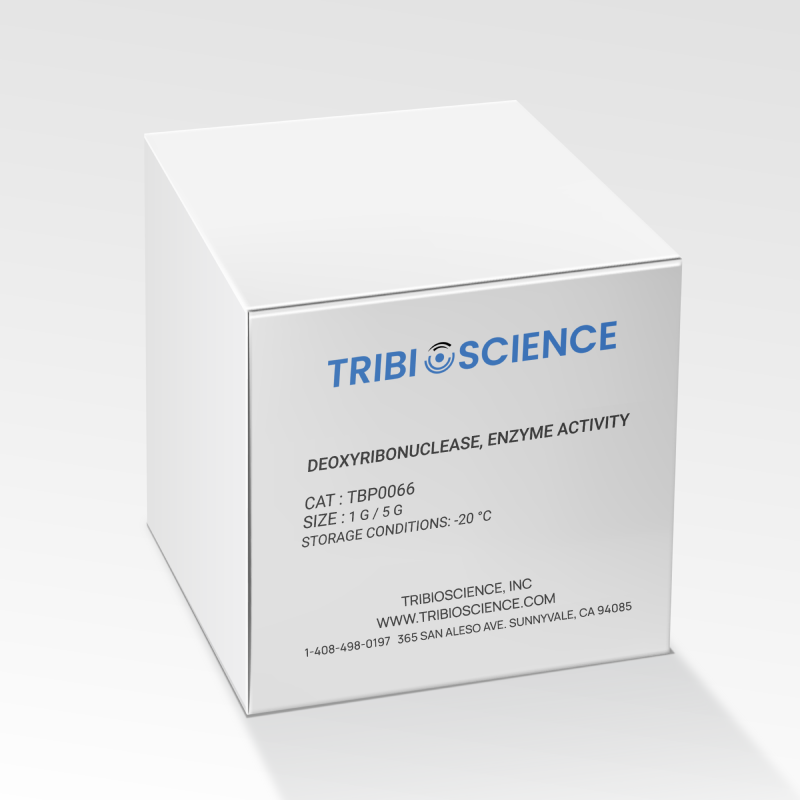
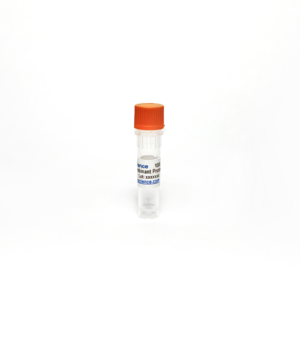
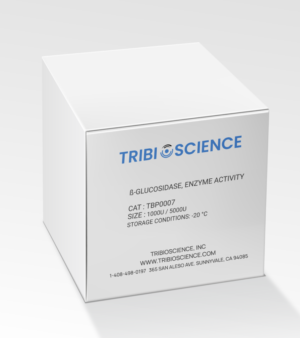
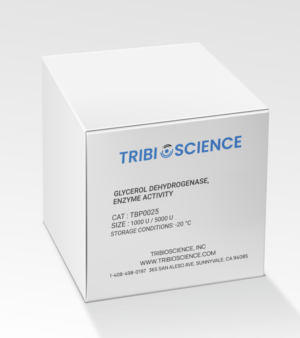
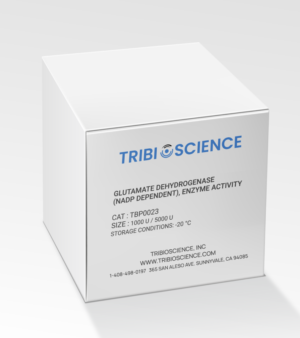
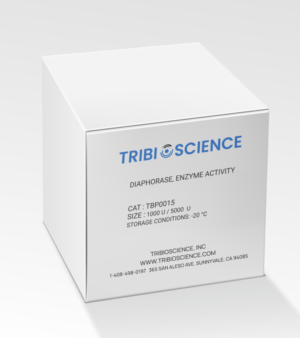
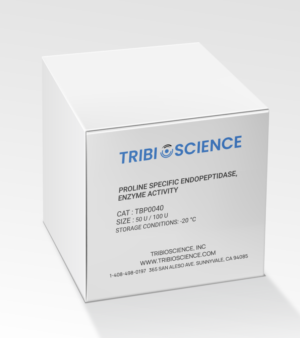
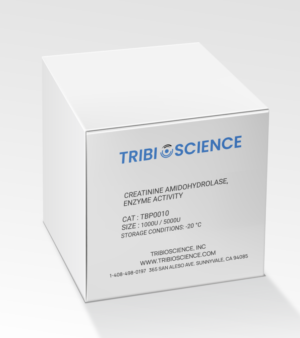



Reviews
There are no reviews yet.